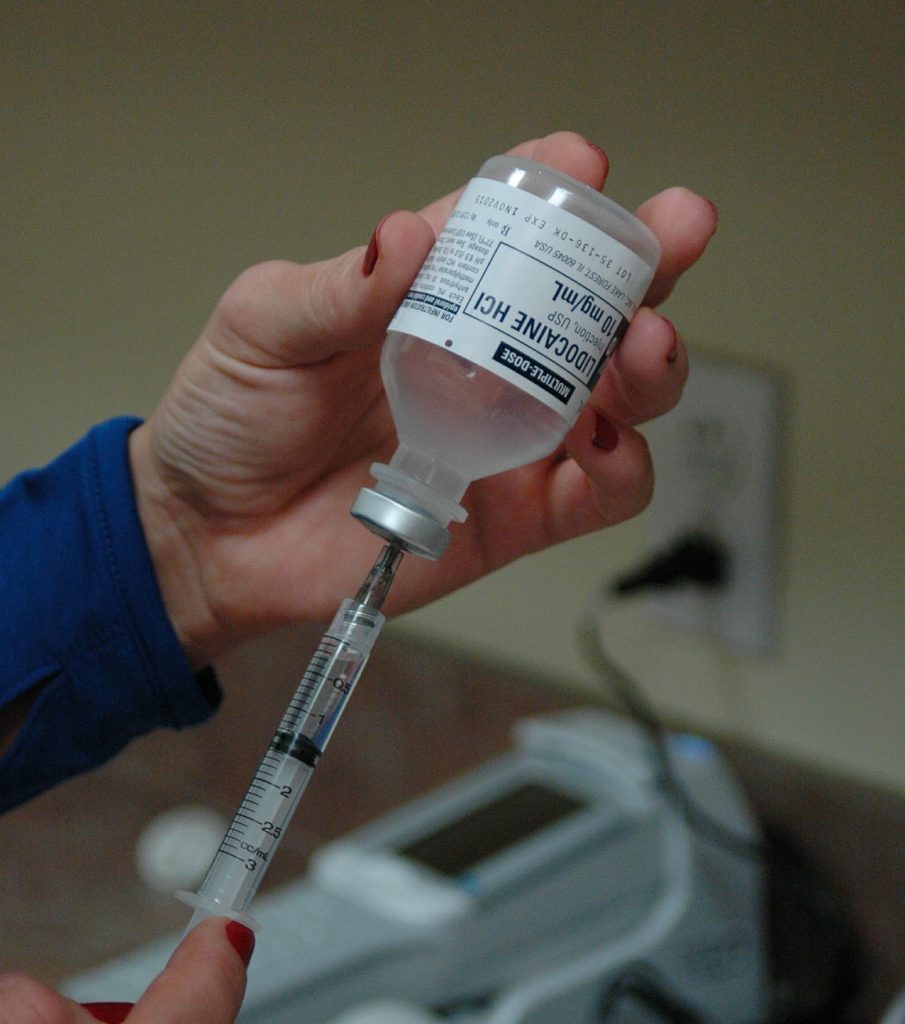A vaccine to protect people against the common sexually transmitted infection chlamydia has passed initial safety tests.
It is the first of its kind to enter human trials. Experts say immunisation may be the best way to tackle the disease that accounts for nearly half of all sex infections diagnosed in the UK.
More trials must check how well it works and what dose to give, The Lancet Infectious Diseases journal says.
Those tests will take years and in the meantime, the best way to avoid getting chlamydia during sex is by using a condom.
Chlamydia is a bacterial infection that is passed on through unprotected sex (even if there is no penetration).
Chlamydia bacteria reside in semen and vaginal fluid. Often, the infected person will have no symptoms, which is why people sometimes refer to it as a “silent” disease.
If it is not treated with antibiotics, it can cause serious complications and affect fertility.
Although antibiotics can treat chlamydia, people can catch the infection again if they come into contact with it. Chlamydia remains the most common STI despite screening and effective treatment being available.
Investigator Prof Robin Shattock said: “The findings are encouraging as they show the vaccine is safe and produces the type of immune response that could potentially protect against chlamydia.
“The next step is to take the vaccine forward to further trials, but until that’s done, we won’t know whether it is truly protective or not.
“We hope to start the next phase of testing in the next year to two. If those trials go well we might have a vaccine that can be rolled out in around five years.”
He suggested it could potentially be offered alongside the HPV jab that is currently used to protect against cervical cancer.
